We learned earlier in the month that Russian hacker Konstantin Kozlovsky had “confessed” that he had been ordered by Kremlin security forces to hack the DNC. Now he is saying he has proof:
A jailed Russian who says he hacked into the Democratic National Committee computers on the Kremlin’s orders to steal emails released during the 2016 U.S. presidential election campaign now claims he left behind a data signature to prove his assertion.
. . . .
In written answers from jail made public Wednesday by RAIN TV, a Moscow-based independent TV station that has repeatedly run afoul of the Kremlin, Kozlovsky said he feared his minders might turn on him and planted a “poison pill” during the DNC hack. He placed a string of numbers that are his Russian passport number and the number of his visa to visit the Caribbean island of St. Martin in a hidden .dat file, which is a generic data file.
That allegation is difficult to prove, partly because of the limited universe of people who have seen the details of the hack. The DNC initially did not share information with the FBI, instead hiring a tech firm called CrowdStrike, run by a former FBI cyber leader. That company has said it discovered the Russian hand in the hacking, but had no immediate comment on the claim by Kozlovsky that he planted an identifier.
It’s an interesting story — but if you’re drooling for dirt on Donald Trump, this won’t help you much. For one thing, this story does zero to advance the ball as to anything on the U.S. end; it just solidifies the conclusion that most rational people had already drawn: that the Kremlin was indeed behind the hack. The evidence that the Kremlin was trying to help Trump, and make connections to Trump, has always been clear; what has been murkier is the extent to which the Kremlin’s overtures were accepted by the Trump campaign. Additionally, the information that Kozlovsky provided, if it pans out, doesn’t show FSB involvement; it just proves that Kozlovsky was the hacker. But if true, it would lend credibility to his “confession” and arguably implicate Putin in the hacking.
Or not! Some commentators have opined that the confession is actually helpful to Putin:
To some, it appears that Kozlovsky’s confession conveniently targets enemies of the Kremlin and provides Putin with an opportunity to claim that the hack was ordered by rogue elements.
“[The confession] puts the blame on a narrow group of people who are already in prison, and it moves the blame to an outsourced hack. This would allow Putin to pretend to be shocked that there are hackers in Russia doing this,” Mark Galeotti, a researcher on Russian crime at the Institute of International Relations in Prague, told Newsweek.
“The FSB is prone to employ outside hackers and gives them a choice of working with the FSB or go to prison,” he said.
Russian justice is odd, to say the least. On one hand, anyone Putin wants to be prosecuted will be — witness the fraud conviction of his most prominent political opponent. On the other hand, prisoners under this autocratic regime are sometimes surprisingly adept at distributing their message, even if that message is harmful to Putin — witness the numerous complaints by Sergei Magnitsky that made it into the hands of Bill Browder and journalists. It’s difficult to know what to make of Kozlovsky’s claims, but the story bears following.
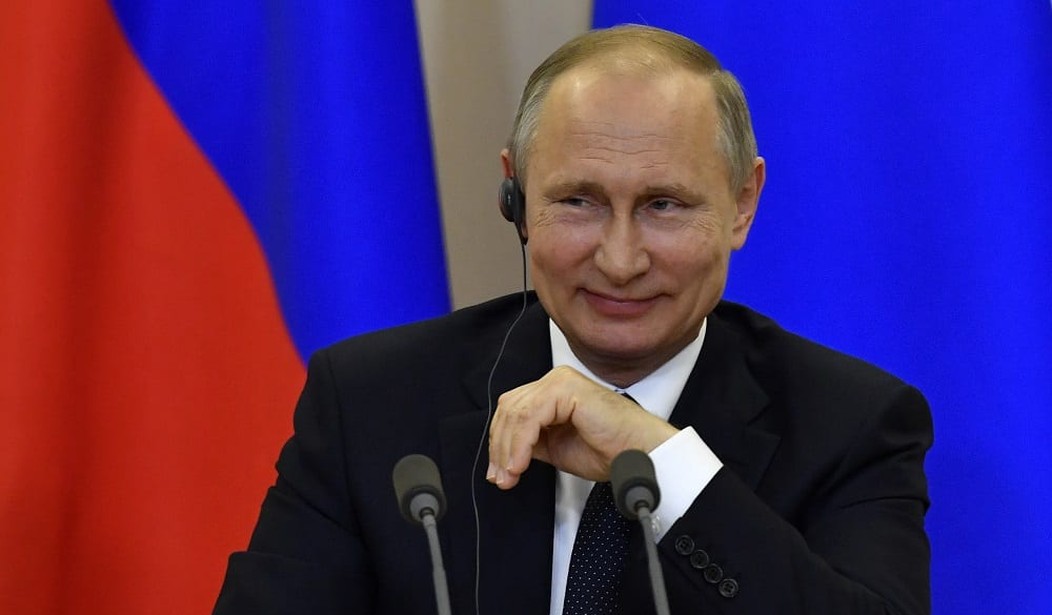
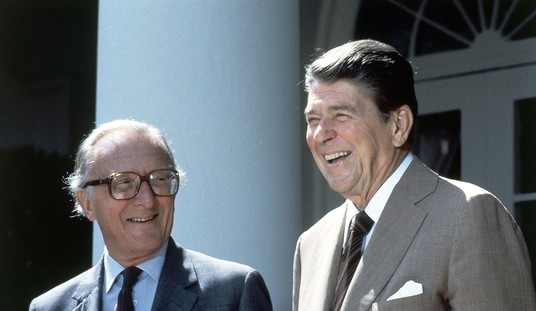
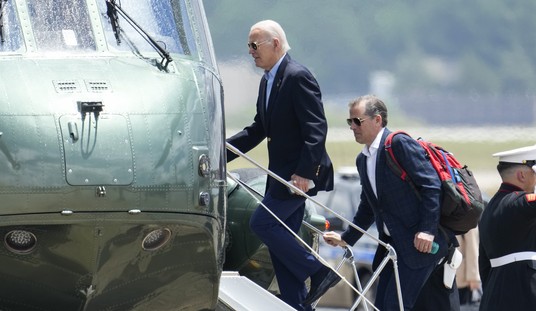
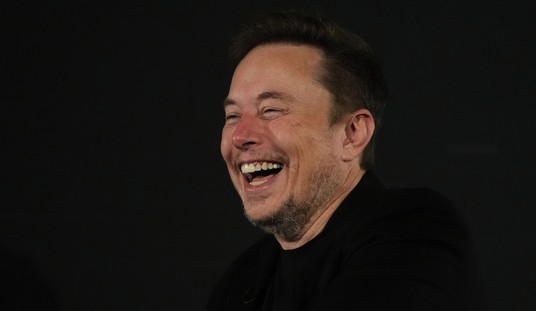

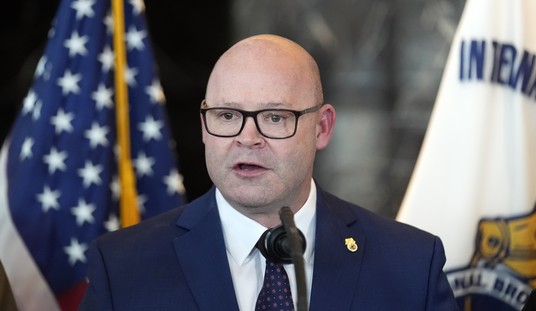
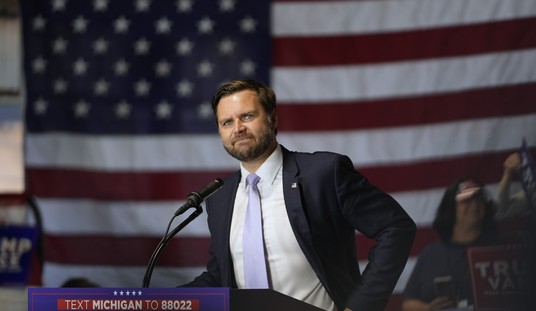


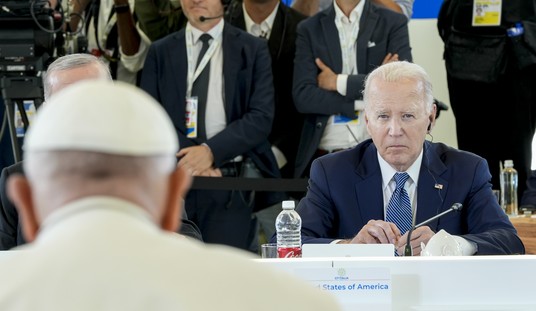
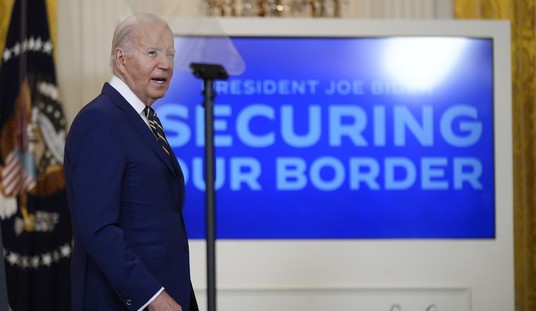


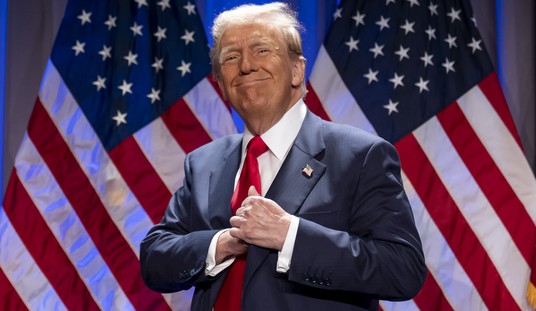
Join the conversation as a VIP Member